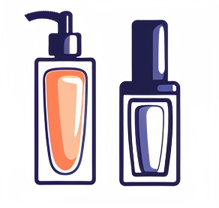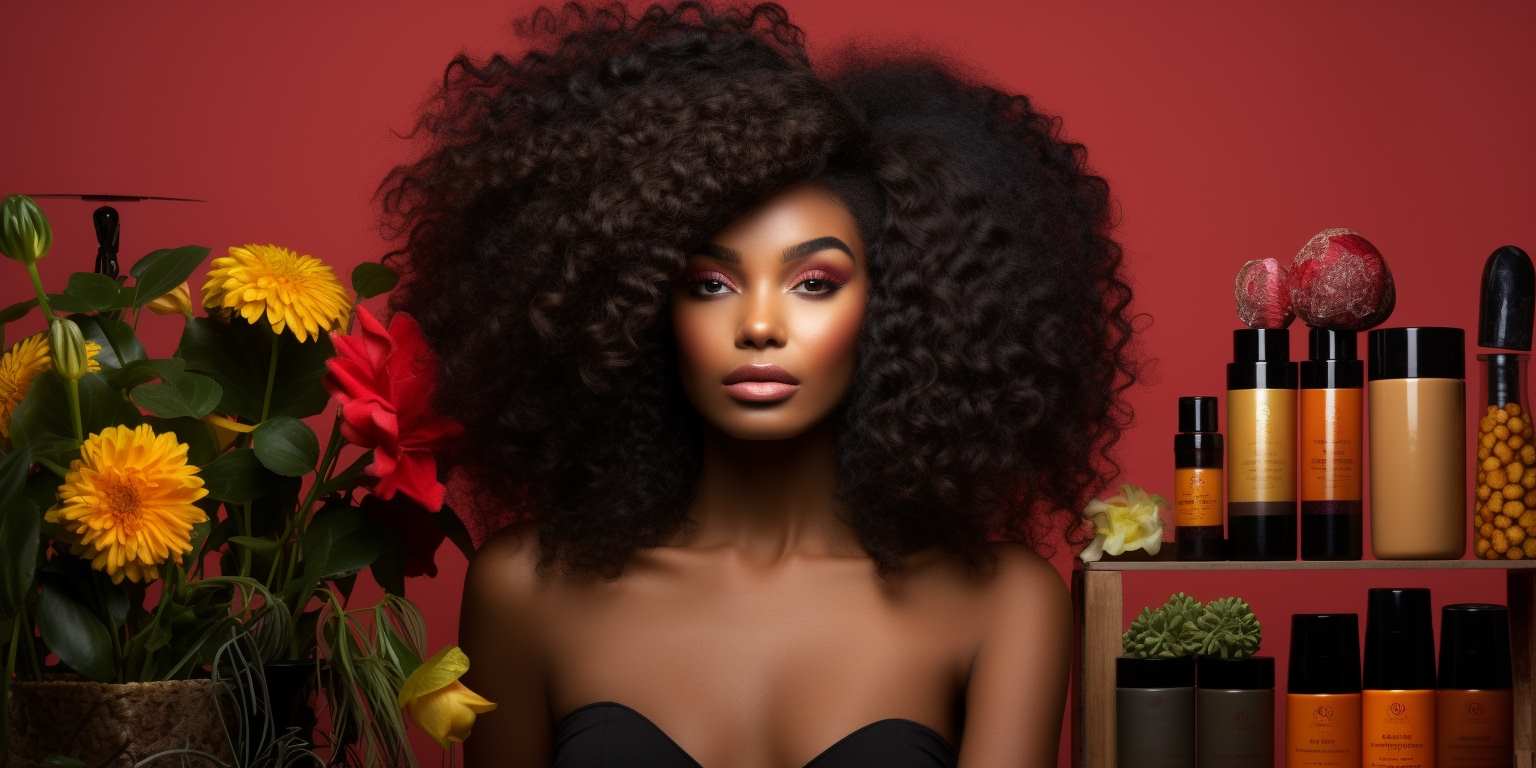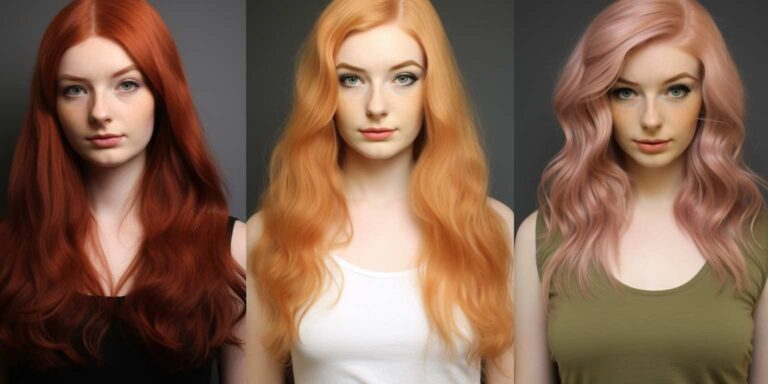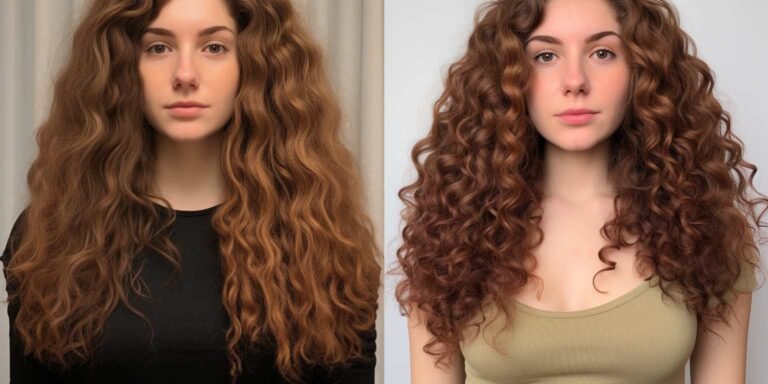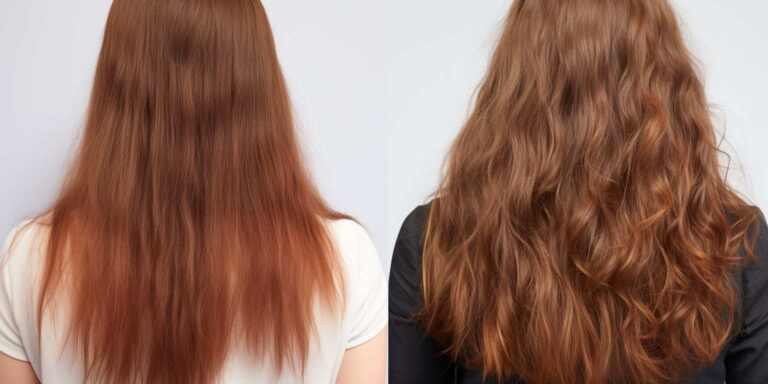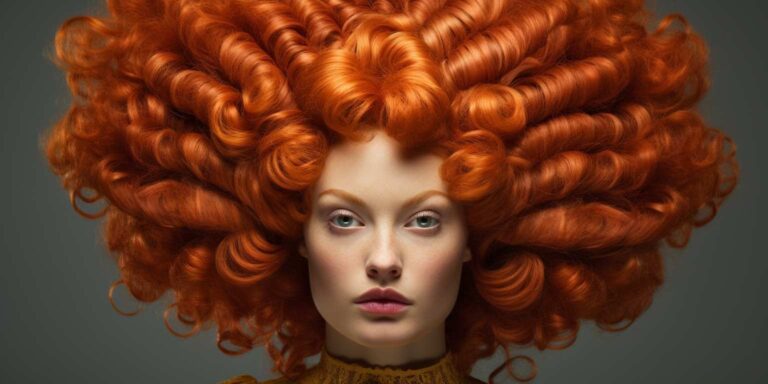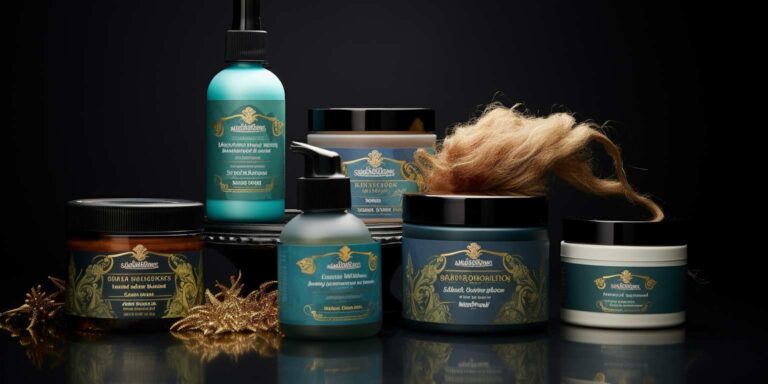Celebrating excellence: black owned shampoo and conditioner brands
Black-owned hair care brands understand the importance of representation and inclusivity in the beauty industry. They strive to create products that cater to a diverse range of hair types, textures, and concerns, acknowledging that one size does not fit all when it comes to hair care.
One standout feature of Black-owned shampoo and conditioner brands is their emphasis on using natural ingredients that promote healthy hair growth and nourishment. These brands prioritize the use of ethically sourced ingredients that are gentle on the hair and scalp, avoiding harsh chemicals that can strip the hair of its natural oils.
Community engagement is another cornerstone of Black-owned hair care brands. Many of these companies actively participate in community outreach programs, offering education and resources to empower individuals to embrace and care for their natural hair. By fostering a sense of empowerment and self-love, these brands go beyond selling products to creating a movement.
Let’s take a closer look at some of the leading Black-owned shampoo and conditioner brands that are making a mark in the beauty industry:
| Brand | Key Features |
|---|---|
| 1. SheaMoisture | Known for its rich formulations infused with organic shea butter and essential oils, SheaMoisture offers a wide range of products for various hair types. |
| 2. Mielle Organics | With a focus on natural ingredients and scientific research, Mielle Organics delivers products that promote hair health and manageability. |
| 3. Camille Rose | Camille Rose features luxurious formulations crafted with botanical extracts and nutrient-rich ingredients to nourish and strengthen the hair. |
Black owned care tips for healthy hair
When it comes to caring for healthy hair, especially for individuals with black hair, the journey often involves a blend of patience, trial and error, and a deep understanding of unique hair needs. Fortunately, the market has seen a rise in black-owned hair care brands catering specifically to these needs, offering quality products and tips to help maintain strong, vibrant locks.
Here are some care tips tailored for black hair:
| Tip | Description |
|---|---|
| Moisturize regularly | Black hair tends to be naturally dry, so keeping it moisturized is key. Look for hydrating shampoos and conditioners containing ingredients like coconut oil or shea butter. |
| Protective styling | Opt for protective hairstyles like braids, twists, or weaves to minimize manipulation and reduce breakage. Be sure not to make styles too tight to prevent hair loss or traction alopecia. |
| Deep conditioning | Regularly indulge in deep conditioning treatments to nourish and strengthen hair. Consider steam treatments or hot oil treatments to penetrate the hair shaft and restore moisture. |
| Gentle detangling | Use a wide-tooth comb or your fingers to detangle hair gently, starting from the ends and working your way up. This helps prevent breakage and minimize shedding. |
| Limit heat styling | Excessive heat can cause damage to black hair, so minimize the use of flat irons and curling irons. If you do use heat, always apply a heat protectant beforehand. |
Furthermore, it’s essential to listen to your hair and adjust your routine as needed. What works for one person may not work for another, so don’t be afraid to experiment until you find the perfect regimen for your unique hair type.
Black owned buying guide for hair products
When it comes to caring for your hair, supporting Black-owned businesses is not just a trend, but a powerful way to contribute to the economic empowerment of the Black community. Choosing the right hair products goes beyond personal care; it’s a statement of solidarity and a celebration of diversity. In this buying guide for hair products, we’ll explore some remarkable Black-owned brands that deliver excellence in hair care.
First on the list is SheaMoisture, a brand renowned for its commitment to natural and organic ingredients. From shampoos to styling products, SheaMoisture caters to various hair types and concerns. Their emphasis on community commerce ensures that a portion of the proceeds goes back to the communities that supply the brand’s key ingredients.
Pattern Beauty by Tracee Ellis Ross is another standout choice. This brand specifically caters to curly and coily hair textures. With a focus on embracing natural patterns and textures, Pattern Beauty offers a range of products designed to enhance and celebrate the beauty of curls.
For those seeking innovative styling tools, Tangle Teezer is a Black-owned brand making waves. Their innovative detangling brushes are designed to minimize breakage and make the detangling process much smoother. It’s a perfect choice for those with curly or textured hair.
When it comes to hair oils, Girl + Hair has gained popularity for its unique approach. Specializing in protective styles, their products are formulated to nourish the scalp and hair while maintaining the integrity of braids and twists. The brand’s under-hair care system is a game-changer for those who love protective styles.
Supporting Black-owned businesses also means embracing the rich heritage of hair care practices. Alikay Naturals is a brand deeply rooted in Caribbean traditions. Their product line includes a variety of natural hair care products infused with ingredients that have been cherished for generations.
For those on a journey to discover new and unique products, Mielle Organics offers a diverse range. From organic hair care to vitamins promoting hair health, Mielle Organics has become a go-to brand for those seeking a holistic approach to hair care.
The importance of supporting black owned businesses
In today’s economic landscape, supporting black owned businesses isn’t just a matter of fairness or social justice; it’s a crucial step towards fostering economic empowerment and community development. The significance of backing these enterprises goes beyond mere consumer choices; it’s about rectifying historical injustices and promoting equity in the business world.
Black owned businesses often face systemic hurdles that their counterparts do not. From limited access to capital and institutional bias to discriminatory lending practices, these entrepreneurs encounter barriers at every turn. By intentionally supporting them, consumers and investors can help level the playing field and pave the way for greater economic inclusion.
One of the key benefits of supporting black owned businesses is the positive impact it has on local communities. These enterprises are more likely to reinvest their profits back into the neighborhoods they serve, thereby stimulating economic growth and creating job opportunities. Moreover, they often prioritize hiring from within the community, fostering a sense of pride and ownership among residents.
Furthermore, backing black owned businesses is a form of cultural preservation. These ventures often offer unique products and services that reflect the richness and diversity of black culture. By supporting them, consumers not only celebrate this heritage but also contribute to its preservation for future generations.
Consumer loyalty is another significant aspect of supporting black owned businesses. When customers actively choose to patronize these establishments, they send a powerful message to the market about the value of diversity and inclusion. This, in turn, encourages other businesses to adopt similar practices, leading to a more inclusive economy overall.
Moreover, supporting black owned businesses can have a multiplier effect on the broader economy. As these enterprises thrive, they create opportunities for other businesses in their supply chains, ranging from suppliers and distributors to service providers. This creates a ripple effect that boosts economic activity across various sectors.
Nurturing natural hair with black owned products
Nurturing natural hair is a journey that many embrace with pride, seeking products that cater to their unique needs. For those who prefer to support black-owned businesses, there is a wealth of options available. These products are often crafted with a deep understanding of the complexities of natural hair, offering solutions that promote health and vitality.
One key aspect of nurturing natural hair is moisture. Black-owned products often incorporate natural oils like coconut, olive, and argan oil, which are renowned for their ability to hydrate and nourish hair. These oils penetrate the hair shaft, restoring moisture and preventing dryness and breakage.
Ingredients in black-owned products are carefully selected to address specific hair needs. For example, shea butter is a common ingredient known for its moisturizing and anti-inflammatory properties, ideal for soothing the scalp and promoting healthy hair growth. Aloe vera is another popular ingredient, celebrated for its hydrating and healing effects on the hair and scalp.
Styling natural hair can be a creative and enjoyable process, made easier with the right products. Black-owned brands offer a variety of styling products such as curl creams, gels, and butters that cater to different hair textures and styles. These products help enhance curl definition and manageability, allowing individuals to express their unique hairstyles with confidence.
Hair maintenance is crucial for healthy hair growth. Black-owned hair care brands often provide deep conditioning treatments that help repair and strengthen hair. These treatments are enriched with nutrients and proteins that nourish the hair from root to tip, promoting overall hair health.
Trends in black hair care: what’s next?
As black hair care continues to evolve, several trends are shaping the future of this industry. From embracing natural textures to incorporating advanced technology, the landscape of black hair care is undergoing a significant transformation.
Natural hair movement: One of the most prominent trends in recent years has been the emphasis on natural hair and embracing diverse textures. More individuals are opting to forgo chemical straightening treatments and embracing their natural curls, coils, and kinks. This shift represents a celebration of black hair in its authentic state.
Inclusive product offerings: Recognizing the diverse needs of black consumers, brands are expanding their product lines to cater to a wider range of hair textures. From coily to kinky, wavy to curly, there is a growing demand for products specifically formulated for different hair types. This inclusivity is empowering individuals to find products that work best for their unique hair needs.
Technological advancements: Technology is playing an increasingly important role in black hair care. From smart devices that analyze hair health to virtual try-on tools for hairstyles, technology is making it easier for individuals to care for and style their hair. Additionally, advancements in formulation techniques are leading to more effective and innovative hair care products.
Sustainability and eco-consciousness: As consumers become more environmentally conscious, there is a growing demand for sustainable and eco-friendly hair care products. Brands are responding by incorporating natural ingredients, reducing packaging waste, and adopting eco-friendly manufacturing practices. This shift towards sustainability reflects a broader commitment to environmental stewardship within the black hair care industry.
Community and representation: The importance of representation and community within the black hair care industry cannot be overstated. Social media platforms have played a significant role in empowering individuals to share their hair journeys and connect with others who share similar experiences. Additionally, there is a growing emphasis on diverse representation in advertising, with brands featuring a wider range of hair textures and styles in their marketing campaigns.
Education and empowerment: As awareness grows about the unique needs of black hair, there is a greater emphasis on education and empowerment. From online tutorials to workshops and seminars, individuals are gaining access to valuable resources that empower them to care for and celebrate their hair. This emphasis on education is helping to break down stereotypes and foster a greater appreciation for black hair in all its forms.
Community favorites: top picks from black owned brands
As we delve into the realm of black-owned brands, a vibrant tapestry of creativity, innovation, and culture unfurls before our eyes. These brands not only offer exceptional products but also carry stories of resilience, empowerment, and community upliftment. In this curated list, we celebrate the top picks from black-owned brands across various industries.
| Category | Brand | Highlight |
|---|---|---|
| Beauty & Skincare | Pat McGrath Labs | Renowned for its luxurious formulations and groundbreaking makeup artistry. |
| Fashion | Pyer Moss | Award-winning fashion label merging social activism with cutting-edge design. |
| Food & Beverage | Uncle Nearest Premium Whiskey | Named after Nathan “Nearest” Green, the first known African American master distiller. |
| Health & Wellness | Black Girl Sunscreen | Offers SPF-infused skincare specifically formulated for melanin-rich skin. |
| Home Decor | Tactile Matter | Specializes in handcrafted ceramics and home goods inspired by African heritage. |
These brands exemplify excellence in their respective fields, garnering acclaim for their quality, innovation, and commitment to inclusivity. Beyond their products, they symbolize empowerment and representation in industries where black voices have often been marginalized.
Supporting black-owned brands isn’t just about purchasing products; it’s about investment in communities and fostering economic empowerment. By amplifying these brands, we contribute to a more equitable and inclusive marketplace.
